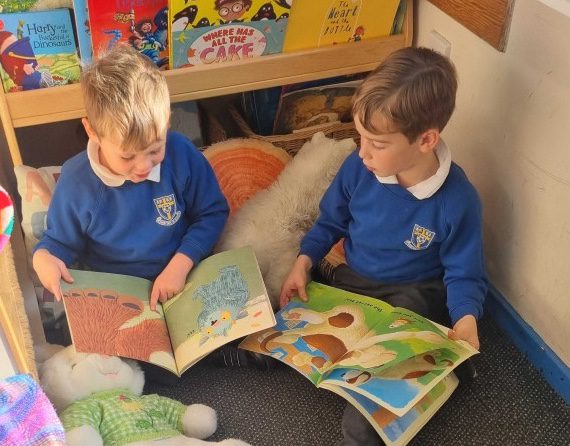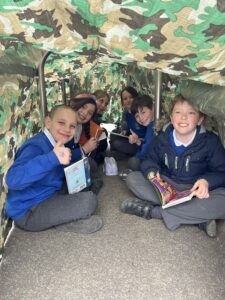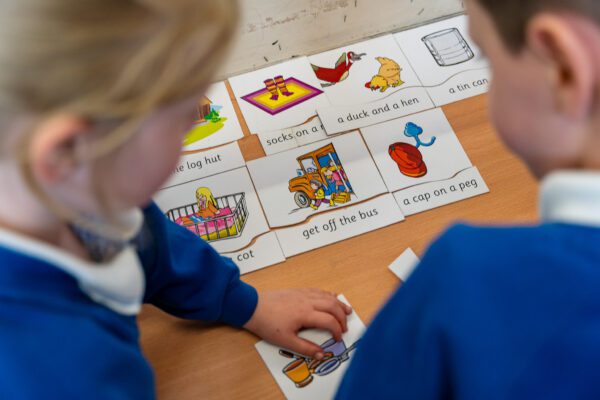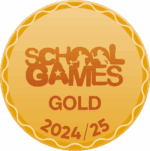Beginner readers are taught:
- Grapheme-phoneme correspondences in clear stages (linking spellings and sounds).
- The important skill of blending (synthesising) phonemes.
- Segmenting words into their constituent phonemes to aid reading and spelling.
- Common exception words
The teaching of phonics is systematic, this means that it follows a carefully structured programme, building on previous learning to secure children´s progress. It is taught discretely and daily, with opportunities to apply phonic knowledge and skills across the curriculum and in activities such as whole class and guided reading, as well as reading independently.
The children´s progress in developing and applying their phonic knowledge is carefully assessed and monitored throughout EYFS and KS1. Teachers use this information to inform teaching and provide additional support where it is needed. At the end of Year 1, all children take a National phonics screening assessment and any child who does not achieve the pass mark will receive additional support and re-take the screening at the end of Year 2.
Children take home phonetically decodable reading books that are linked to their phonics learning at school. This will allow them to practise and embed their phonics learning whilst developing their fluency and comprehension skills. Alongside the phonetically decodable reading books, there are a wide range of reading books in classrooms and the school library that help to foster a love of reading and reading for pleasure.









